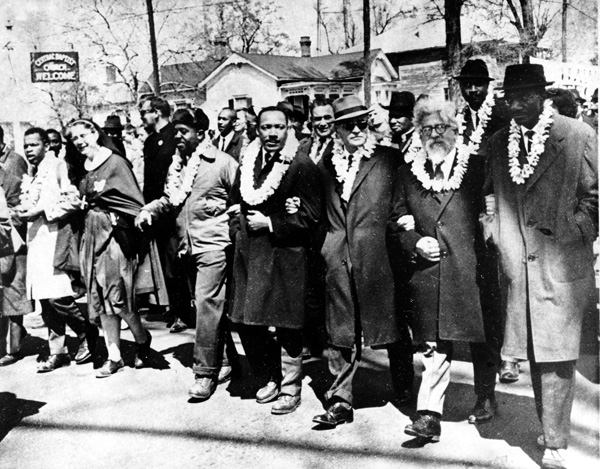by Rabbi Batya Glazer, Director, Jewish Community Relations Council (JCRC)
A few days ago, we all witnessed a powerful display of activism and unity as 25,000 people — including members of our own local communities — marched through the New York City streets to condemn anti-Semitism. In our fight against bigotry, the approach of Martin Luther King day presents us with yet another opportunity. It’s the opportunity to ask ourselves an important question: What are we doing in our day-to-day lives to actively oppose racism? Because the fight against racism is not only a moral issue. It’s a Jewish issue.
Our mandate to stand up for people of color comes from the Torah, which affirmatively teaches that G-d created humanity b’tzelem elokim, in G-d’s image; that each and every person is sanctified. The Talmud goes on to remark on the resplendent diversity of humanity, stating it proof of G-d’s greatness, since when a person mints coins from a single mold, “he will always create identical coins, while G-d created a single Man, yet all of His creations are unique.” Each of us turns out differently. But because each was forged in the image of the divine, each is entitled to equal dignity.
In America, however, the Jewish — and American — ideal of equality for all people is not yet a reality. As Jews, we cannot let that inequality stand.
We at JCRC are about to embark on our Civil Rights Mission to Atlanta, Montgomery and Selma, to better understand our society today by visiting some of the events that helped shape our nation. We’re looking forward to sharing our experiences upon our return. In preparation for our trip, participants have been reading Bryan Stevenson’s book Just Mercy (also now a film showing at theaters everywhere) and watching Ana DuVernay’s documentary 13th (available on Netflix). I encourage you to read and watch along with us. It will give our Jewish community a shared starting point for our conversations, and an understanding of how racism is intertwined with U.S. policy and bound up in systems in need of change. If you would like to be made aware of upcoming JCRC discussions and events, like the “Race and Religion” series we held this fall with St. Joseph’s University, please join our mailing list by contacting us at jcrc@jewishphilly.org.
It is our responsibility to act. Confronting the legacy of American racism requires being active and visible, never silent, as Elie Wiesel once said, “Neutrality helps the oppressor, never the victim. Silence encourages the tormentor, never the tormented.” So this MLK day, take a moment to ask yourself: What am I doing to challenge racism? And further: How can I do more?



